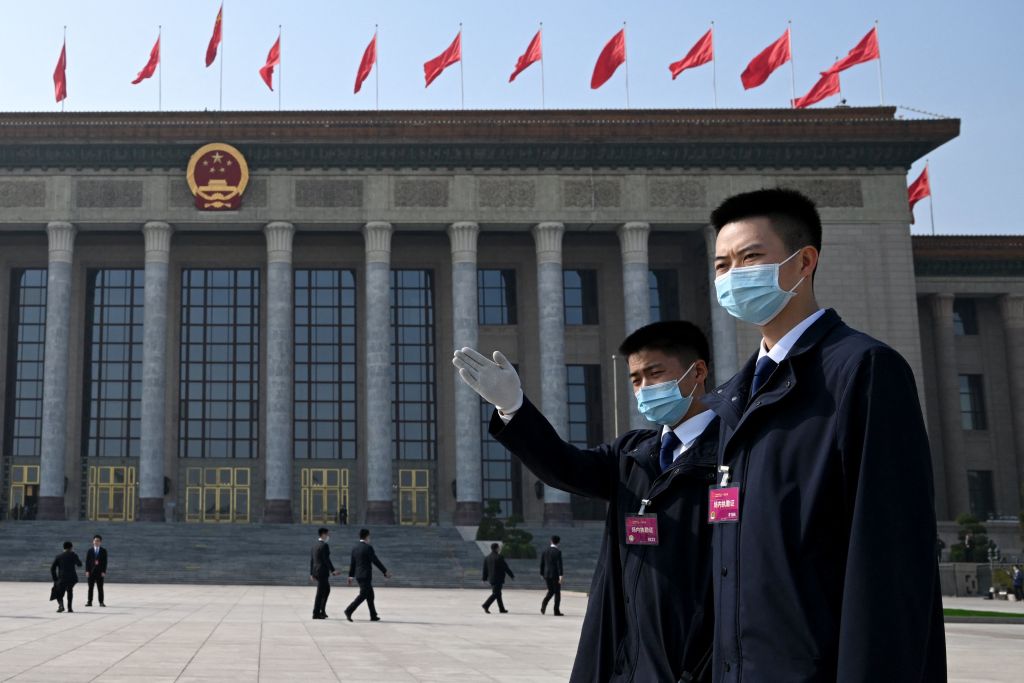
China is intensifying a crackdown on alleged spies for the U.S., saying it found another case of an individual informing the Central Intelligence Agency, adding to a series of espionage accusations between the two nations.
The Chinese Ministry of State Security said Monday it is investigating a 39-year-old ministry official identified by his surname Hao for providing information to the CIA in exchange for money. This follows another case earlier this month involving an employee of a military industrial group.
The latest claims come weeks after CIA director William Burns said his agency has made progress in rebuilding its network in China following setbacks in the country. Tensions between China and the U.S. have risen after a series of incidents in recent months, including an alleged spy balloon and military encounters in the South China Sea.
Read More: Amid Rising Joblessness, China Stops Publishing Its Youth Unemployment Rate
China’s MSS provided rare details of how the people came to inform the CIA. The ministry said Hao was approached by a U.S. embassy staff known as Ted during his study in Japan. Ted introduced Hao to his colleague Li Jun, who worked for the CIA’s Tokyo office. Li asked Hao to work in a “core” unit upon his return to China, the ministry said in a statement.
Hao allegedly signed an espionage agreement with the U.S. and received training. When he returned to China, he worked for a Chinese ministry — the statement didn’t specify which one — and met with CIA personnel several times, providing intelligence and receiving money in return, the ministry said.
The other case involved a suspect with the surname Zeng, who developed a close relationship with Seth, an official of the U.S. embassy in Italy, according to MSS. Seth, who turned out to be working for the CIA in Rome, asked Zeng to provide sensitive military information and he agreed. Zeng provided a large amount of “core information” and received payment, MSS said.
China’s powerful spy agency is usually secretive about its work but has taken a more public profile recently. Beijing has ratcheted up efforts to crack down on spying and adopted a new counter-espionage law that came into effect last month. That legislation expands the list of activities that could be considered spying, intensifying the risks for foreign firms.
More Must-Reads from TIME
- Cybersecurity Experts Are Sounding the Alarm on DOGE
- Meet the 2025 Women of the Year
- The Harsh Truth About Disability Inclusion
- Why Do More Young Adults Have Cancer?
- Colman Domingo Leads With Radical Love
- How to Get Better at Doing Things Alone
- Michelle Zauner Stares Down the Darkness
Contact us at letters@time.com